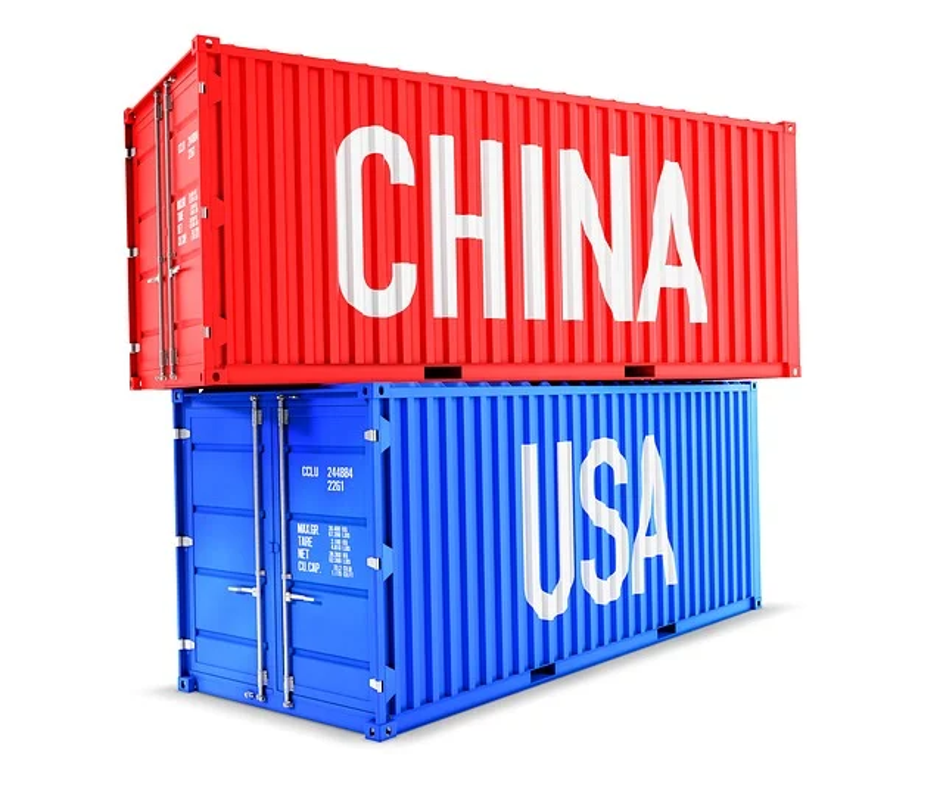The proposed tariffs on Chinese imports could reshape the pricing landscape for many major U.S. retailers. Several large chains, which depend heavily on Chinese manufacturing for a broad range of products, may be forced to raise prices, impacting consumer spending and market competition. The proposed tariffs on Chinese imports are expected to significantly increase costs for U.S. retailers, particularly because of the stark wage differences between factory workers in the two countries. In China, the average monthly earnings for a factory worker are around $825 USD, compared to approximately $2,947 USD for a factory worker in the United States. While the goal of tariffs is to encourage domestic manufacturing, the much higher cost of labor in the U.S. will inevitably raise production costs.

Walmart, known for its vast selection and low prices, sources a significant portion of its merchandise from China. Categories like electronics and household goods are particularly at risk for price increases, putting pressure on the retailer’s ability to maintain its budget-friendly appeal.

Target, with its wide array of home and lifestyle products, could also feel the impact. Items spanning from home essentials to popular electronics are likely to see price adjustments, challenging its competitive positioning.
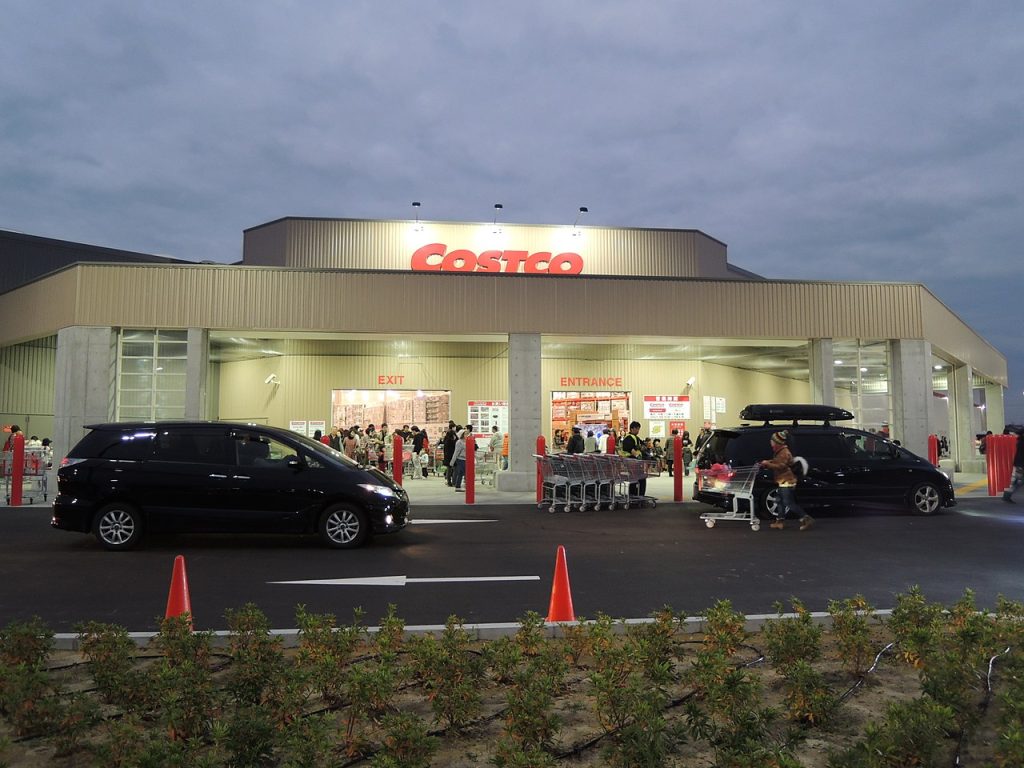
Costco, a favorite for bulk buyers, depends on international imports for many of its offerings. Potential tariff-driven cost increases could affect high-demand goods, reducing the retailer’s value to its loyal customer base.

Best Buy, a key player in the electronics market, may face challenges if tariffs make its inventory more expensive to procure. Price-sensitive shoppers could be deterred if items like home tech and entertainment systems become less affordable.

Home Depot relies on international sourcing for its home improvement and hardware lines. Higher costs for key supplies would likely impact homeowners and contractors alike, particularly for large projects requiring significant material investment.

Lowe’s, Home Depot’s primary competitor, faces similar vulnerabilities. Increased prices for imported items would likely force the retailer to adjust pricing strategies, potentially affecting its market share.
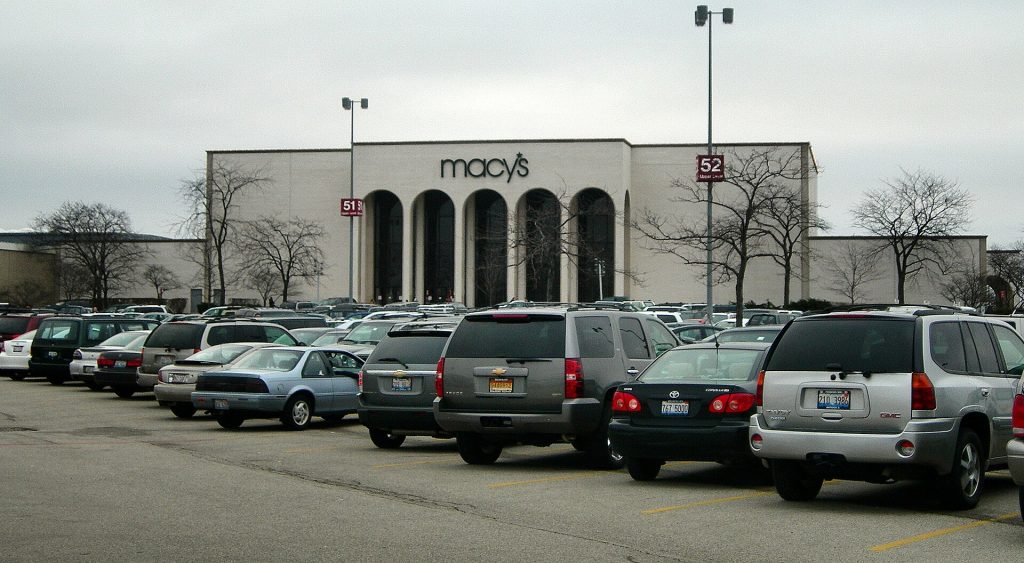
Macy’s, best known for its fashion and home goods, could experience rising costs in its seasonal and promotional items. This may challenge the retailer’s ability to deliver value to its customers.

Kohl’s, which blends fashion with home essentials, may also find itself navigating increased costs. These pressures could complicate its efforts to maintain appeal as a go-to destination for affordable family shopping.
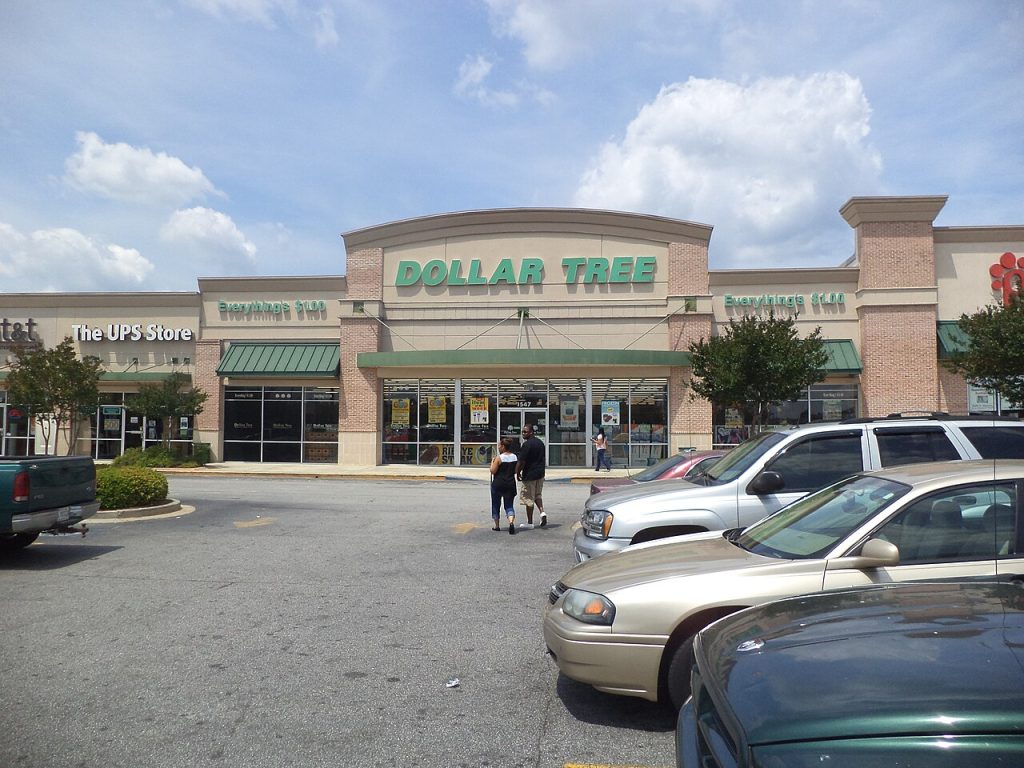
Dollar Tree, operating on razor-thin margins, may be hit hardest by the proposed tariffs. Its reliance on low-cost imports means even slight price increases could disrupt its pricing model, leading to changes that would affect its loyal customer base.
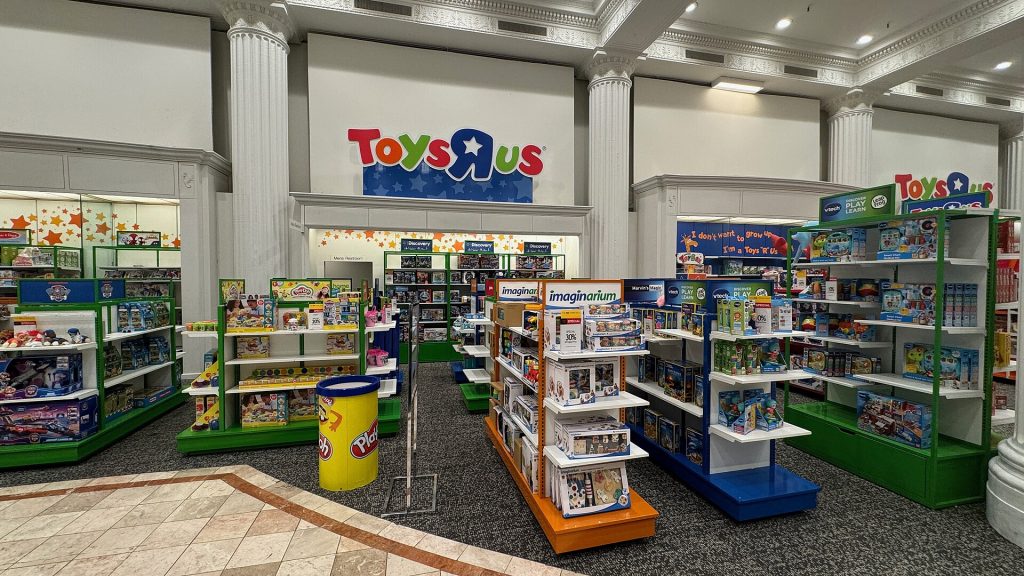
Toys “R” Us, a leader in the toy market, could face rising costs during its most critical sales periods. Any price increases in key products could dampen its competitive edge, particularly during the holiday season.
If enacted, these tariffs are likely to have far-reaching consequences for both retailers and consumers. While businesses may explore alternative supply chains or cost absorption strategies, shoppers may face fewer deals and a more challenging retail environment.

